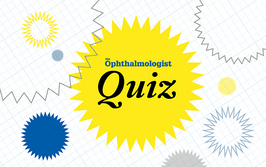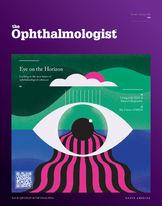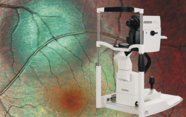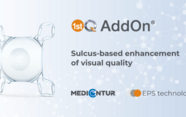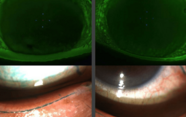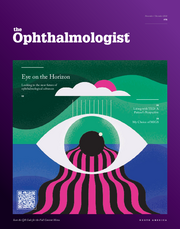Sir Peng Tee Khaw
The Power List 2019 – Surgical Pioneers
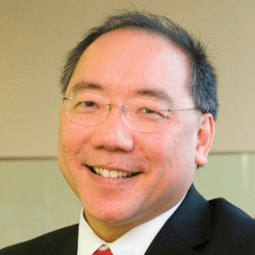
Sir Peng Tee Khaw
Professor and Consultant Ophthalmic Surgeon at Moorfields Eye Hospital and UCL Institute of Ophthalmology, Director or the UK NIHR Biomedical Research Centre in Ophthalmology, London, UK.
What was your early inspiration for becoming an ophthalmologist?
I initially trained and qualified in general medicine, but it was the combination of the huge technological advances, together with the immense biological challenges of the eye, and the potential to change people’s lives that inspired me to become an ophthalmologist. I also had outstanding ophthalmology mentors as a medical student, which helped guide me towards ophthalmology.
What have been your career highlights?
My career highlights are linked to overcoming challenges in order to make a difference to patients. This includes redesigning glaucoma filtration surgery with the Moorfields Safer Surgery System, which has now made glaucoma trabeculectomy with mitomycin-c much safer, based on lab research and clinical observations. I have also been inspired by children with glaucoma to lead fundraising to help build the world’s largest children’s eye centre with the help of our patients and supporters, and this now serves a huge number of patients nationally and internationally every year. Leading the establishment and funding of the UK national Biomedical Research Centre (BRC) in Ophthalmology, has also been very rewarding. The BRC has underpinned a great deal of ground-breaking development of advanced therapies, such as cell and gene therapy, through to clinical application. We have helped drive and support initiatives such as the eye module of the UK Biobank, which is now proving to be an incredible general resource for ophthalmology and projects, like the use of artificial intelligence in ophthalmology with Google DeepMind.
What will be the next big breakthrough in ophthalmology?
The next breakthrough in ophthalmology will be our ability to regenerate eye tissues in the broadest sense. The exponential increase in the population aged over 60 years worldwide will pose enormous challenges for the eye healthcare system in both developing and developed countries with the increase in age-related diseases, such as macular degeneration and glaucoma. We have to design new therapies that slow, or even partly reverse, the processes of aging, and ensure that people enjoy good quality of life associated with good vision throughout their lives.
What’s the best part of being an ophthalmologist?
The best part of being an ophthalmologist is being able to change people’s lives for the better on an individual basis, but also through research in Britain, and hopefully around the world.



